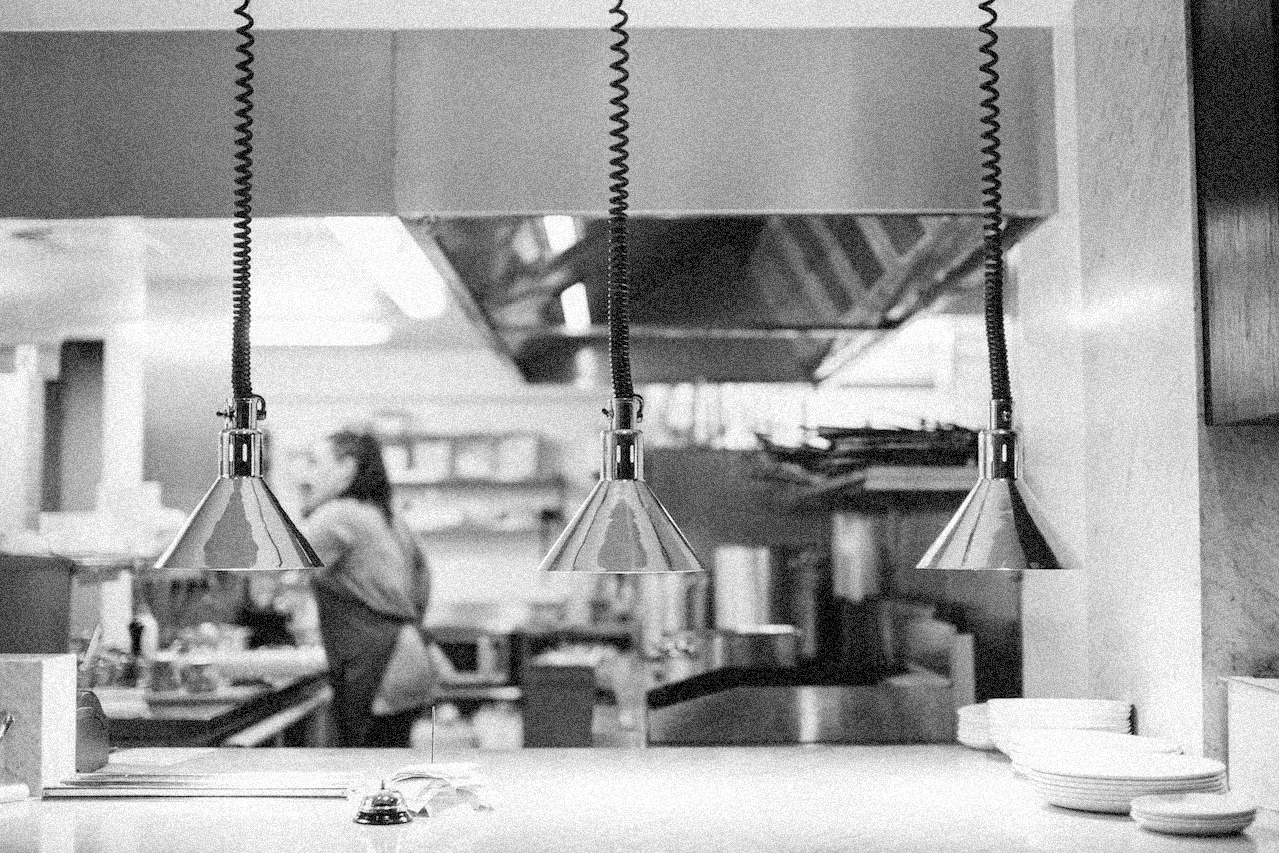Earlier this year, the Chancellor Rishi Sunak announced a new super-deduction to encourage businesses to make additional investments and to bring planned investments forward.
Chancellor Rishi Sunak said: “With the lowest corporation tax in the G7, we need to do even more to encourage businesses to invest – for decades we have lagged behind our international peers. We need to unlock cash reserves so today I can announce the super-deduction. For the next two years when companies invest, they can reduce their tax bill with super deduction by 130% of the cost.”
Between 1 April 2021 and 31 March 2023, companies can claim a super-deduction in the form of first year relief of 130% on qualifying plant and machinery additions.
This means a company spending £100,000 on qualifying assets would have £130,000 deducted against its taxable profits, resulting in a tax saving of £24,700 per £100,000 of expenditure.
Companies can also claim a 50% first year rate deduction for qualifying special rate assets, such as long-life assets and integral features. This would mean a £50,000 upfront deduction for every relevant £100,000 that’s spent, with the remainder attracting allowances at 6% per annum.
WHAT TYPE OF EXPENDITURE CAN BE CLAIMED?
The type of expenditure which can be claimed in respect of the 130% super deduction and 50% first year allowance is generally quite wide.
Any plant and machinery which would generally qualify for the main rate pool allowance and special rate pool allowance will qualify for the super deduction and first year allowance respectively. This can include:
- Kitchen equipment, fridges, ovens
- Computer equipment and servers
- General fixtures and fittings such as tables, chairs, paintings etc.
- Air con units
- Lighting
The list is not restrictive to what has been mentioned above, however these are just some examples. Certain assets such as cars and second-hand equipment and leased plant & machinery do not qualify.
WHAT TYPE OF BUSINESSES CAN BE CLAIMED?
Most types of businesses can claim, including the fit-out, repair or refurbishment of offices, retail and shopping centres, factory and manufacturing plants, mixed use developments, restaurants, nursing homes, hospitals, hotels and banks.
SUPER-DEDUCTION TAX EXAMPLE
The super allowance can particularly be useful for restaurants, bars and hotels.
For example, a hotel spends £1m on qualifying plant and machinery as part of their refurbishment and decides to claim the super-deduction. This will mean the company can deduct £1.3m (130% of the initial investment) in computing its taxable profits. Deducting £1.3m from taxable profits could save the company up to 19% of that – or £247,000 – on its corporation tax bill.
DATE OF EXPENDITURE
The general rule is that the expenditure must be incurred on or after 1 April 2021 and before 1 April 2023. Expenditure is “incurred” on an asset as soon as there is an unconditional obligation to pay for it. Typically, this is the date of delivery, but it can also be the date when a certificate is issued.


